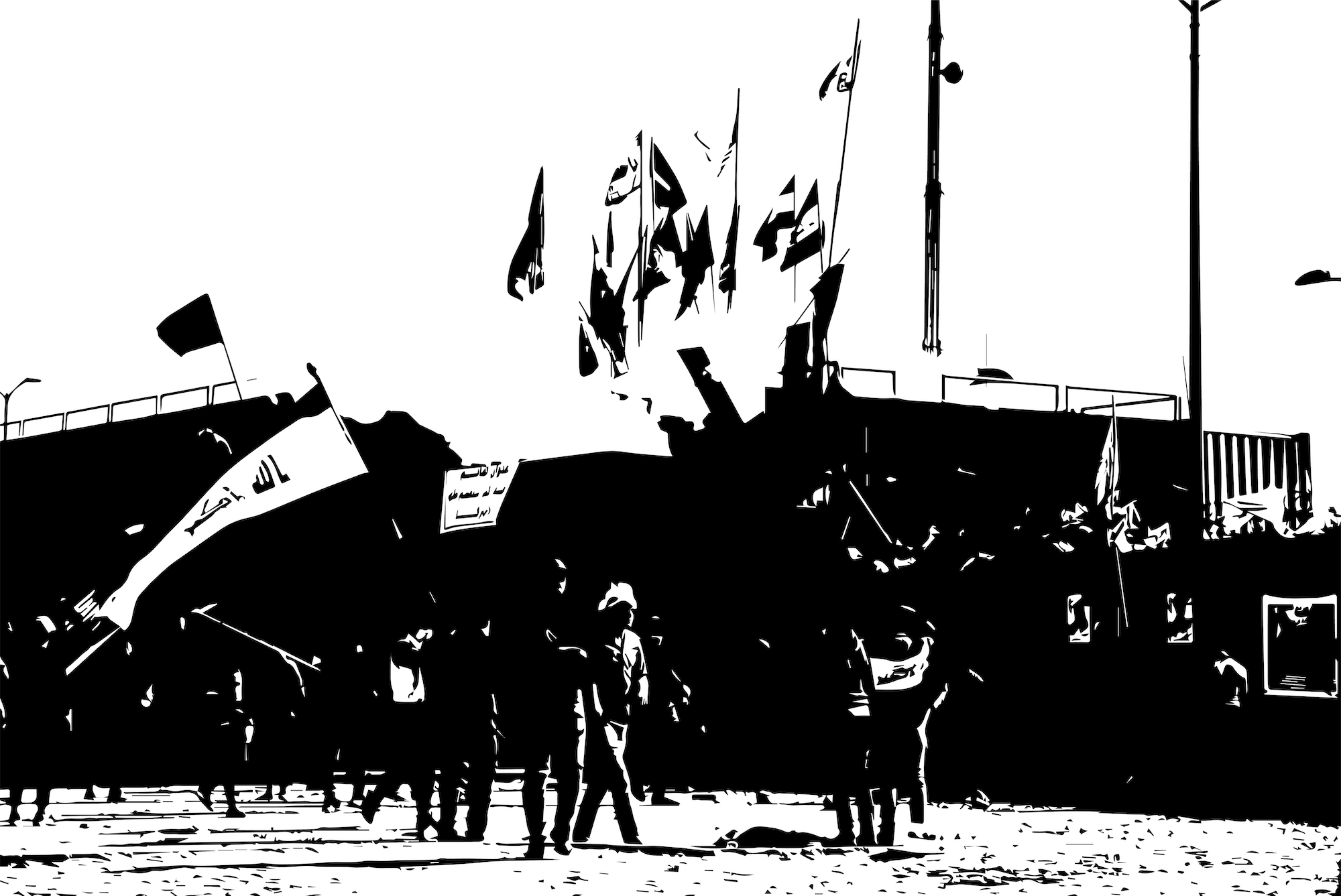The deteriorating relationship between Washington and Tehran has created harsh conditions for daily life in Iran. For the past twelve months, the average Iranian has struggled to access basic necessities like food and medicine. Iranians are fearful not only of war with and sanctions from the United States government, but also of persecution and murder by their own. Policies and decisions from the leaders of both countries are responsible. Salvaging the relationship will help restore stability, but the failure on the part of the US and Iran to resolve their differences has disproportionately affected the Iranian people.
SANCTIONS PAIN
The United States has sanctioned Iran gratuitously, and in doing so, created a financial disaster fraught with dire consequences for the Iranian people. The nation’s currency, the rial, has all but collapsed. This caused rapid inflation, which sent the price of food and medicine skyward and resulted in life-threatening food and medical shortages.
In April, the US ended all exemptions on Iranian oil imports, further strangling the Iranian economy. Ever-increasing hostilities caused leaders on both sides to undertake provocative military actions that exacerbated the breakdown in relations and bolstered the unease that Iranian citizens were already feeling. Tensions boiled over in June.
The United States has sanctioned Iran gratuitously, and in doing so, created a financial disaster fraught with dire consequences for the Iranian people.
Attacks on two oil tankers in the Gulf of Oman and the downing of an American reconnaissance drone just two weeks later drove the nations to the precipice of armed conflict; according to the presidential Twitter account, we were 10 minutes from war. US plans to deploy more troops to the Persian Gulf and the storming of the US embassy in Baghdad by Iranian protestors mark the year’s end.
ESCALATION
The policies and decisions executed by Iranian and American leadership may seem far removed from everyday life in the United States, but they have imposed a severe cost on the Iranian people.
One Iranian doctor in Tehran demonstrated how the sanctions impacted healthcare:
“We can’t transfer the money and make the preparations for surgery. We have the procedures, but we don’t have the instruments. It is very difficult and maybe leads to death [for] some patients.”
Humanitarian organizations on the ground in Iran have felt the impact, as well. One group, Iran Without Landmines, which gives landmine victims access to prosthetic limbs, has experienced delays in importing the devices that the survivors need.
The domestic crisis hit an all-time low near the end of 2019. In November, under the weight of a collapsed economy, Iranian leadership announced a 50% surge in gasoline prices. The people, already pushed beyond their financial limit, took to the streets in protest.
The government responded by issuing a nationwide internet blackout and then attempted to quell the unrest. The protests turned into massacres. Security forces killed over 300 protestors nationwide in the days that followed. One Amnesty International official described the crackdown as “a horrific killing spree.”
US RESPONSIBILITY
The Iranian government reverted to repression and violence in dealing with the economic crisis brought on by current US foreign policy.
Because each resulted from the impacts of US sanctions, the same factors that have made life nearly unlivable on the streets of Iran — the economic crisis, scarce access to food and medicine, war scares with the US, repression and violence at the hands of their own government — could all be described as symptoms of the hostile, bitter relationship between the United States and Iran. At the end of 2019, the only official line of dialogue available between these nations is through military-to-military communication. There is no direct diplomatic channel.
In any relationship, communication determines success. Resuscitating diplomatic channels to Tehran will prevent both nations from finding themselves in a war that neither wants. Although fixing the relationship between Washington and Tehran in 2020 will certainly not be easy, there is a precedent.
The Trump administration has a track record of engaging hostile states with diplomacy and should do so in the case of Iran. If the President is willing to work with Kim Jong Un on denuclearization, there’s no reason he can’t do the same with Hassan Rouhani.
The Iran Nuclear Deal was a bright spot in American-Iranian relations. Iran complied fully with the deal, freezing its nuclear program in favor of economic gains. And it had good reason to: Iranian Gross Domestic Product (GDP) grew by an astounding 18 percent over the two years that the deal was active.
Diplomacy has served to improve life for the Iranian people in the past and it can do so again in 2020.
As we close the holiday season, we should remember that our leaders’ failure to find common ground has a real, human cost — one borne disproportionately by the people of Iran.
Alex Spire is a Research Associate at Ploughshares Fund. He also produces Ploughshares’ podcast, Press The Button.




















